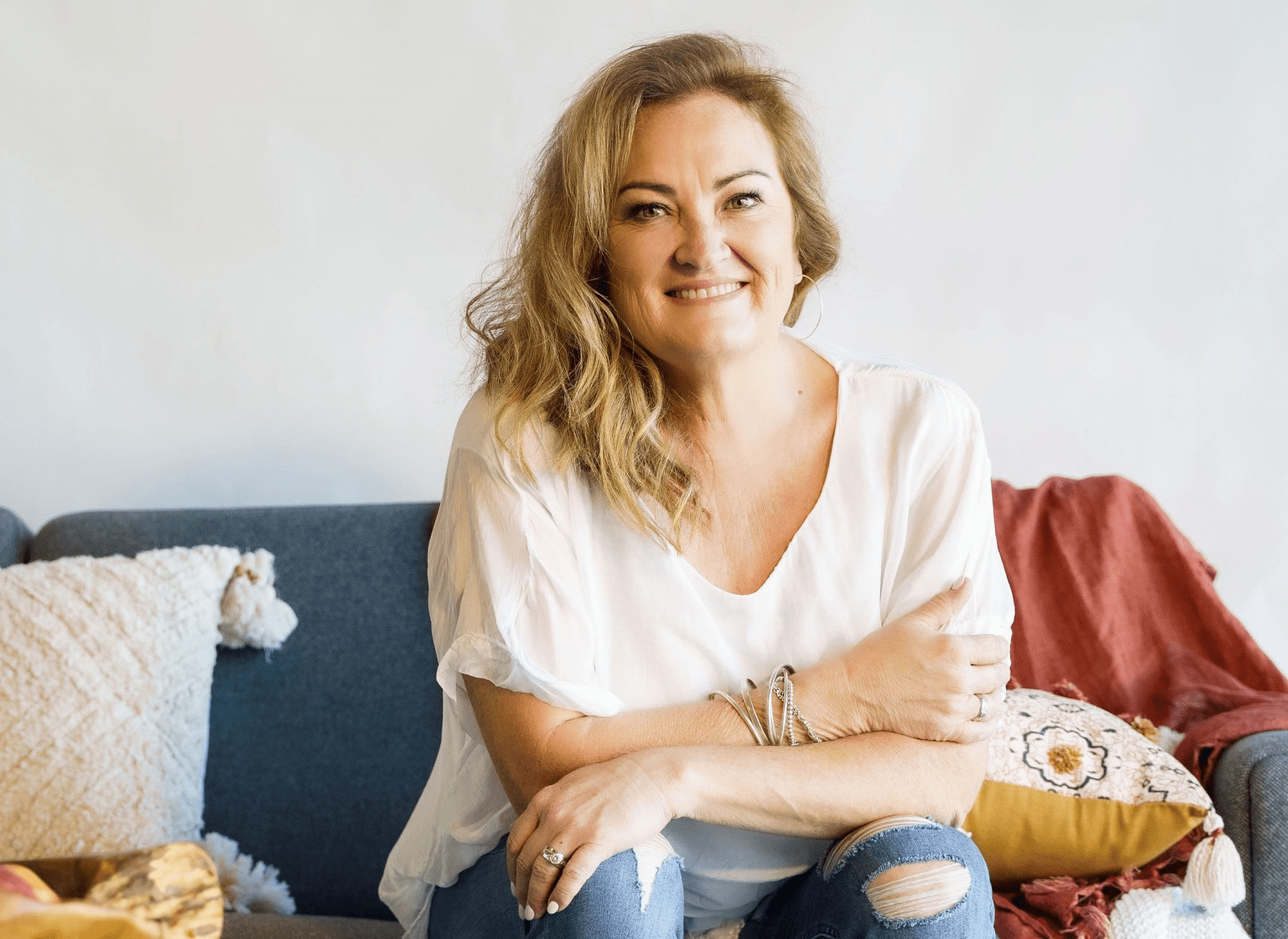
WELCOME to Issue 2 of Pure Health Hub!
Hi Ladies,
Thank you all for the feedback you shared following our launch issue last month, it was so uplifting reading your emails sharing the stories that resonated with you. Please keep them coming, our priority is producing content you want to see.
Our general practice doctors really do have a hard time in my view. The Australian medical system places such limitations on them, it is difficult to get to the heart of a problem in a short ten minute consultation. So we don’t always come with the full story. Aleney’s article on The Healing Power of Kindness emphasises the enormous impact that time and care from GPs, or specialists, can have in health outcomes in addition to the treatment.
The article highlights some of the gaps in compassion in diagnosis and treatment and the wall this can create between doctor and patient. When you consider the lack of research into women’s health, it makes for a difficult scenario for us women seeking answers to our ailments. Thank you to the inspiring Vasi D. who chatted to Aleney for the story. Vasi is fighting Stage 3 Grade 3 Invasive Ductal Carcinoma. She explains how she changed her view when working with different practitioners and how that fundamentally changed her experience with her medical team.
Of course, compassion in care goes beyond the treatment room. Spending a lot of time in Asia with our medical travel company, I was so pleased to see that hospitals and doctors across Asia encourage family to stay with their patients in their hospital rooms during treatment. In fact, it’s a cultural norm. The hospitals are built to have the space for this reason. They believe that having those closest to you, close by you, improves and hastens healing.
Female Hormones and Mental Health
One of the things I enjoy most about this business is talking to experts. While I am only learning the art of interviewing, I love drawing such important information and building awareness of women’s health issues. My interview with the inimitable Professor Jayashri Kulkarni, is one of those.
Professor Kulkarni, AM, is a Professor of Psychiatry and is internationally acknowledged as a leader in the field of Women’s Mental Health. In particular, for her innovative work on reproductive hormones and mental illness. You can view our chat here.
This journey chasing answers to women’s health issues has opened more cans of worms than I could have ever imagined. When it became clear that menopause can impact mental health due to changes in hormones in, some women, I was concerned about stereotyping middle-aged women as some kind of crazy. However, understanding symptoms demystifies the condition and highlights the fact that this area of women’s health is under researched and significantly under served. As I’ve said before, most medical research is conducted on male animals so without people like Jayashri Kulkarni we would remain in the dark.
The Lowdown on Mould – it can make you sick!
Argh, mould! Did you know just how much it can impact your health? For those with allergies or respiratory conditions, it can be particularly damaging to your health. Dr Emily Handley has drilled down on the topic for us and shares how those creepy black spores create colonies (really? Colonies?!) and when those colonies feel threatened, they turn toxic, and a dangerous health syndrome can develop, especially in the immunosuppressed. You can read more on the impacts of mould and mycotoxin HERE
Expert Voices
In addition to Professor Kulkarni, I chatted to two other fabulous women committed to women’s health. Sheridan Genrich from Better Brain Health, is a degree-qualified clinical nutritionist and naturopath who specialises in mood & digestive disorders. Sheridan shared some insights into how gut health affects mood.
Tricia Ang is an Art Psychotherapist and Counsellor who has over a decade of clinical experience. Every one of us has a creative side, but it is sometimes set aside while we raise families and work leaving it so often neglected until we are empty nesters, to our detriment. We chat about how nurturing our creative brain can not only help us balance our mental health it can treat serious conditions.
One of the challenges for people living with a psychological health disorder as a result of past trauma is verbalising it. So, it was fascinating to hear how art therapy can not only improve mood but genuinely enable people with PTSD and other mental health conditions communicate how their experience impacted them. Thereby opening the pathway to working through it.
We hope you enjoy this issue and again, I welcome any feedback directly at at lindya@purehealthhub.com or message us on our socials.
Take care of you. Lindy x








